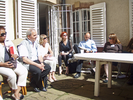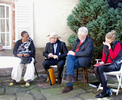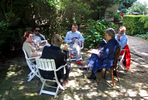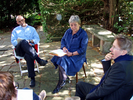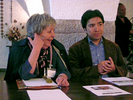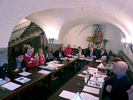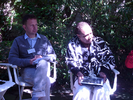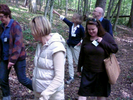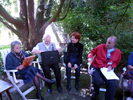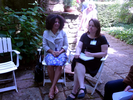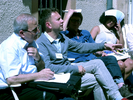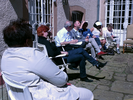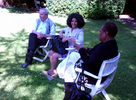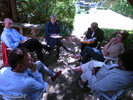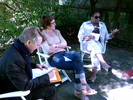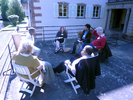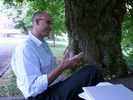
Good Behaviors: The Crucial Connection between Health and Education
Abstract
Throughout the world the burden of chronic disease has been growing, and much of this relates to lifestyle choices. For all the successes of well-resourced and effective campaigns around key issues - such as tobacco, nutrition and exercise, drugs and alcohol, and sexually transmitted infections - the related diseases continue to ruin lives and place an increasingly unsustainable burden on health care systems. These diseases also impact on learning. An unhealthy child is much less likely to make progress in educational achievement and secure the life chances which that would bring. It is unsurprising that these problems are most acute among the poorest and most excluded members of societies in both the developed and developing worlds. What can be done to improve health through education and for education?
This seminar aims to bring together decision takers and practitioners concerned with health and with education to explore how best they may co-operate, in particular in connection with young people aged up to age 18 who are laying the foundations for their future health and quality of life. It is not sufficient simply to inform them about the risks they face, however important that is. That is counter-acted by physical and emotional drives; by the questioning, perhaps rebellious spirit of many young people; and a stage of life where it is hard to come to terms with one's own mortality. So what would be the best strategies in schools to address these issues? What would be the best practices? A more creative engagement of families and communities may be an essential feature. Is health promotion at this level high enough on policy agendas - in education within schools and also in public education, supported by the necessary resources - and, if not, what should be the message sent to policy-makers?
Is it possible (without being a killjoy) to equip students better to exercise their own agency, less overborne by their peer groups and what is being marketed or 'pushed', more mindful of their own future lives?
Faculty












